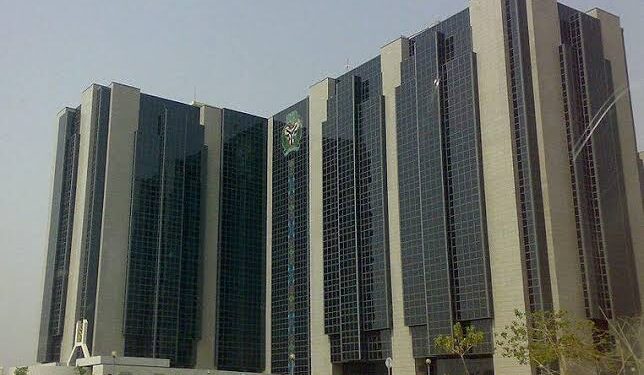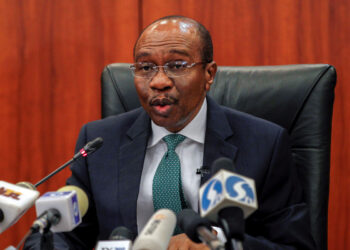The Central Bank of Nigeria (CBN) may retire up to 1,000 employees by December 31, 2024, as part of what it describes as a strategic realignment of its workforce. According to a report by Daily Trust, the retirement exercise is projected to cost the apex bank a hefty N50 billion.
A Closer Look at the Plan
Led by Governor Olayemi Cardoso, the CBN’s move comes after a year of significant staff changes. Over the past 10 months, the bank has disengaged numerous employees, including 17 directors who served under the previous governor, Godwin Emefiele.
In a circular released three weeks ago, the CBN invited applications for its Early Exit Package (EPP). The program, available to all staff except those unconfirmed or with less than one year of service, promises financial incentives of up to 18 months’ gross annual salary for those opting for early retirement. The application window closes on December 7, with exits taking effect on December 31, 2024.

Why This Matters
The CBN’s decision to streamline its workforce is part of a broader restructuring under Cardoso’s leadership. However, the scale of the retirement raises questions about the bank’s internal stability and its ability to manage significant payouts amid Nigeria’s challenging economic climate.
The country is currently grappling with inflation, currency devaluation, and dwindling foreign reserves. With such terrible economic conditions, is such a huge financial burden a prudent option for the apex bank? Not to think of the impact a large-scale retirement could have on the bank’s operational efficiency in the short term.
The Bigger Picture
The decision comes at a time when the CBN is under scrutiny for its policies and governance. Workforce reductions of this magnitude might suggest deeper institutional challenges, including the need to cut costs or adapt to a changing economic landscape. However, the apex bank has not officially commented on this retirement plan.
The Bottom Line
While the CBN frames this as a strategic move, the mass retirement plan underscores the delicate balancing act between streamlining operations and maintaining stability. As Nigeria’s central monetary authority, the CBN’s actions have far-reaching implications, not just for its employees but for the broader economy. How this plays out could set the tone for the bank’s credibility and effectiveness in the coming years.














